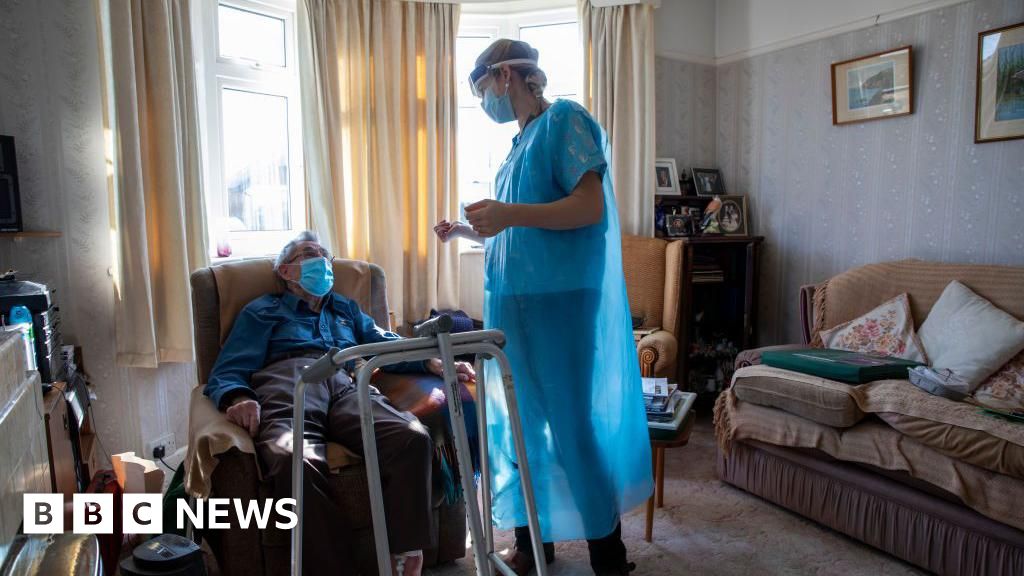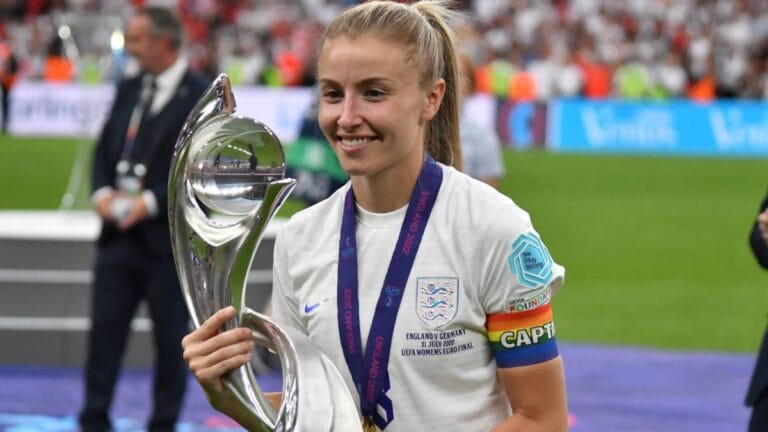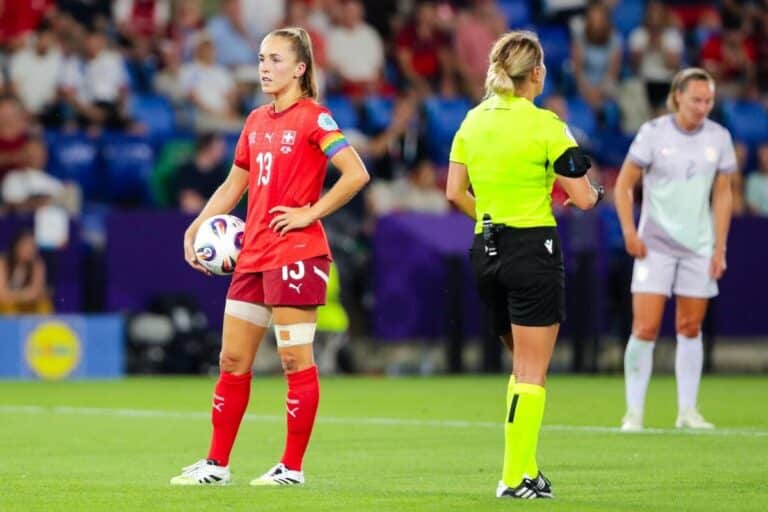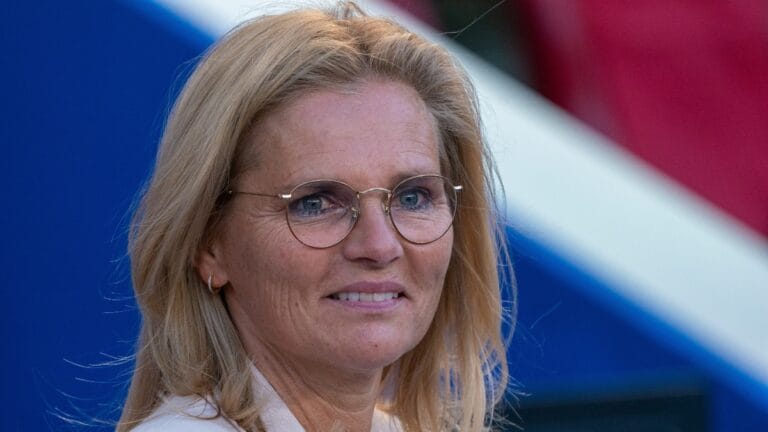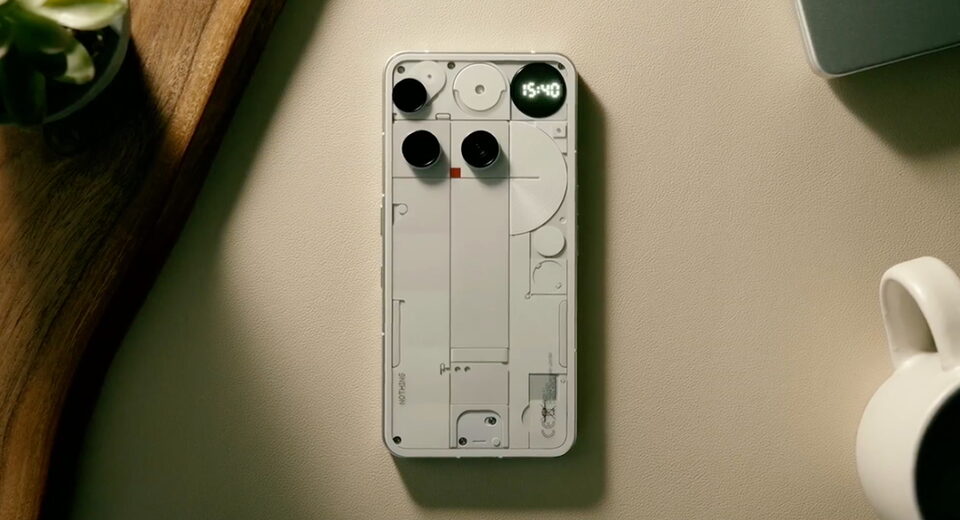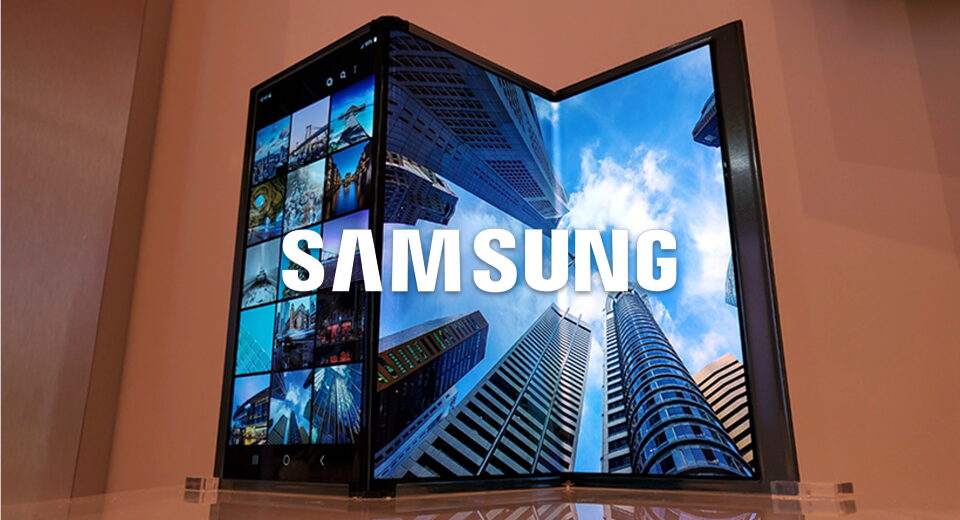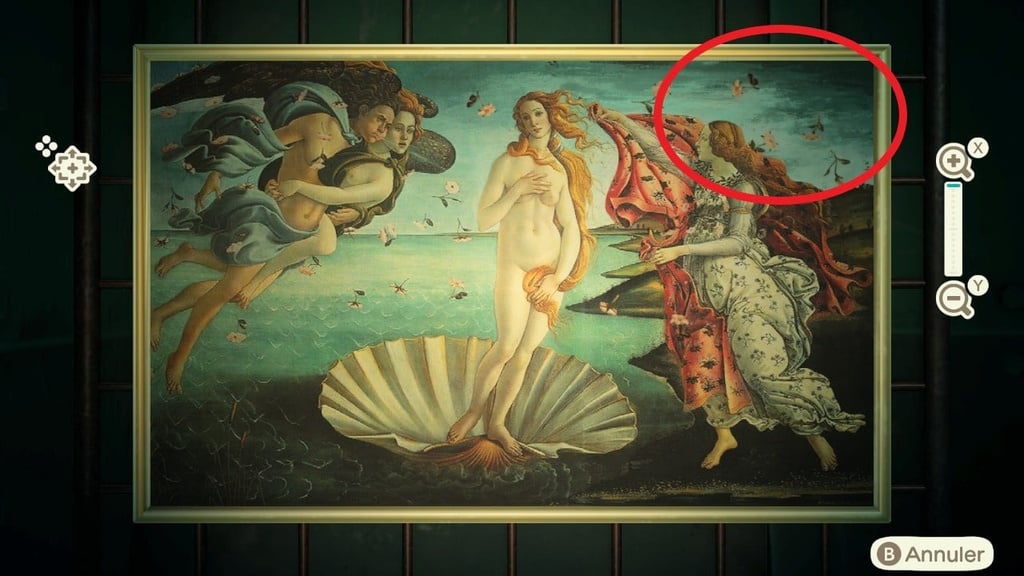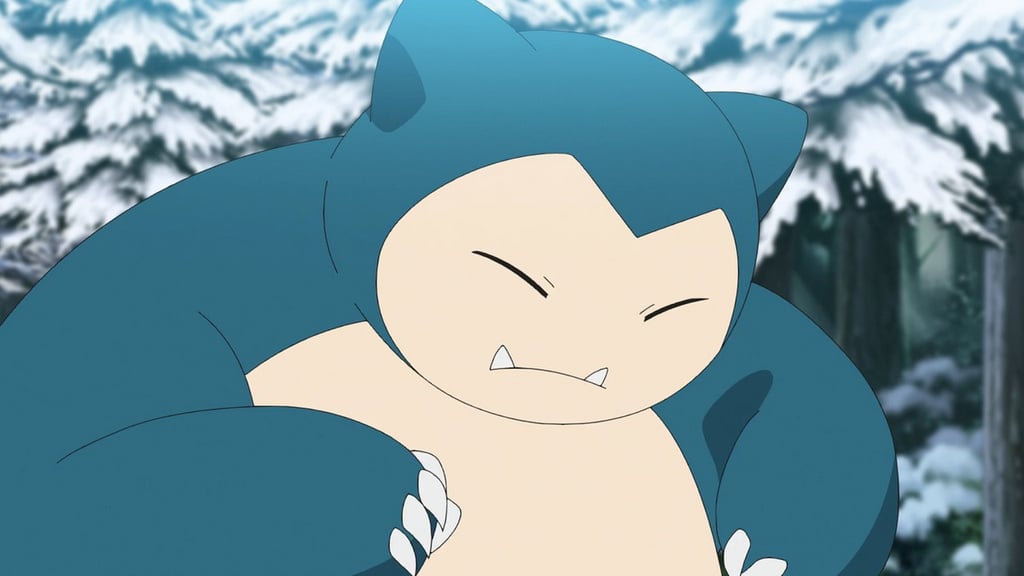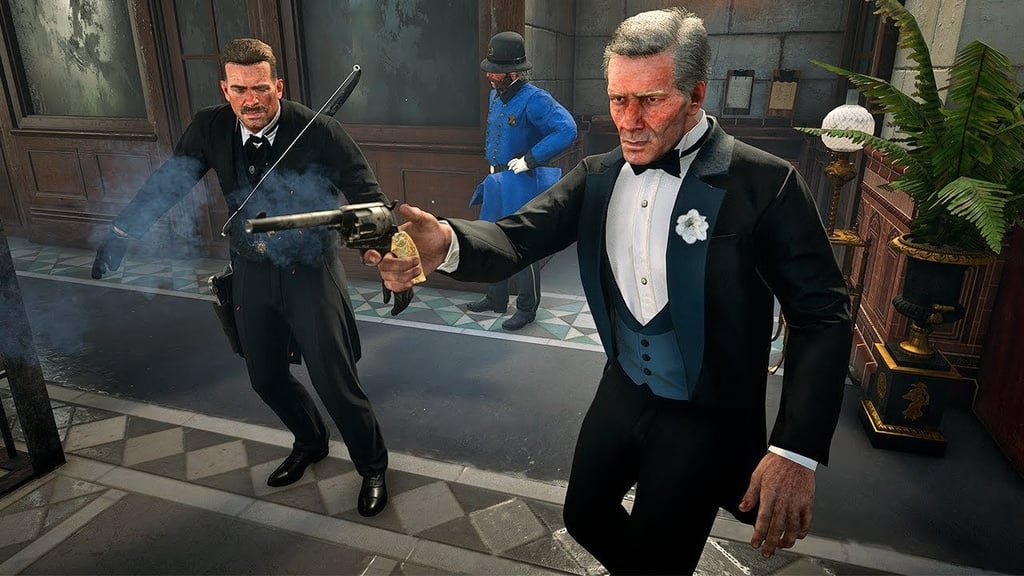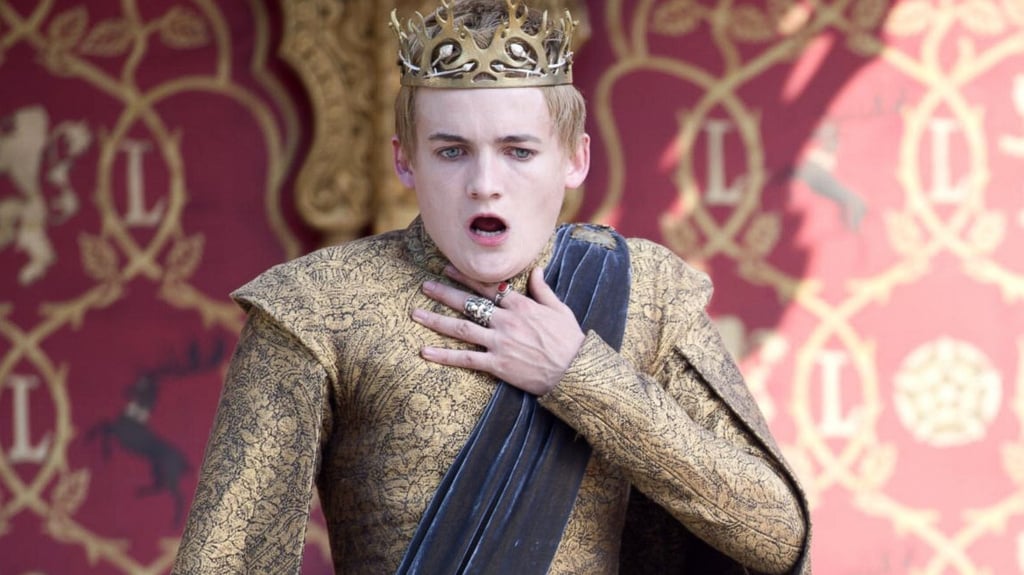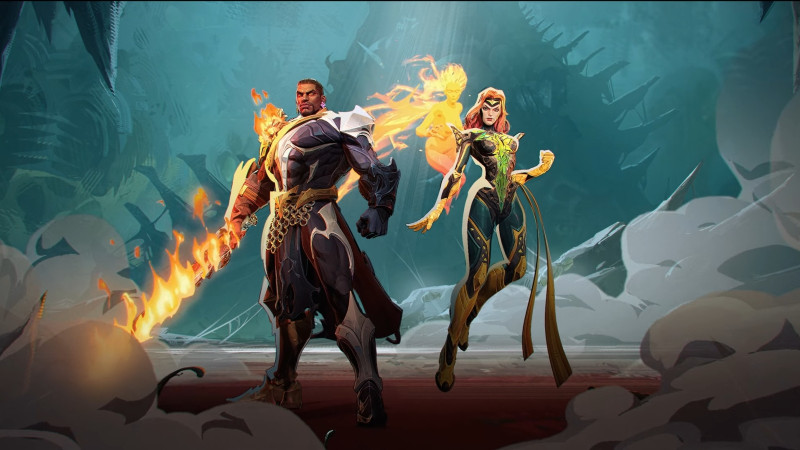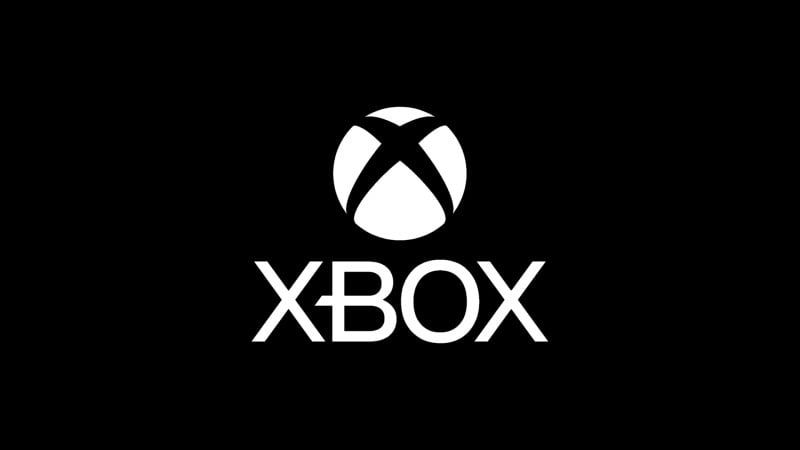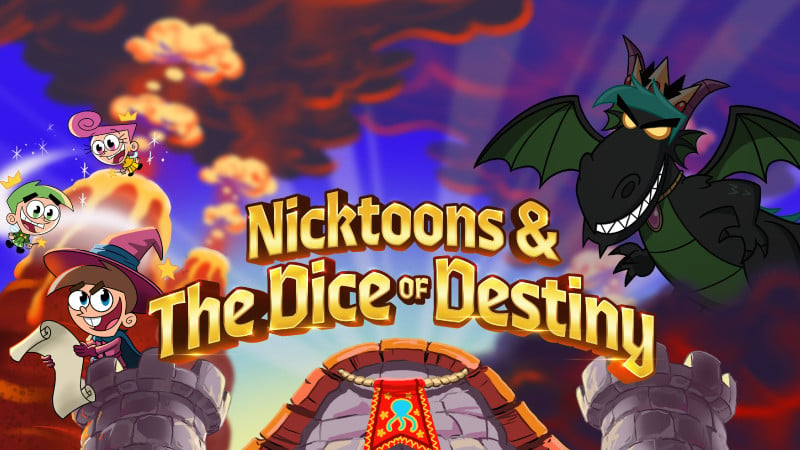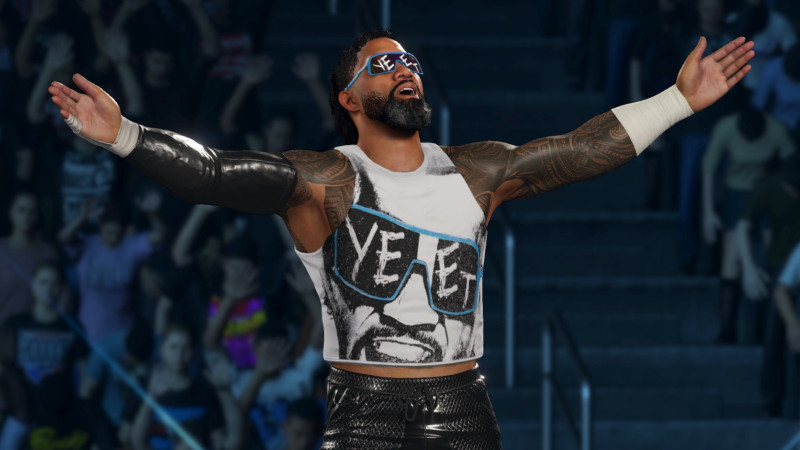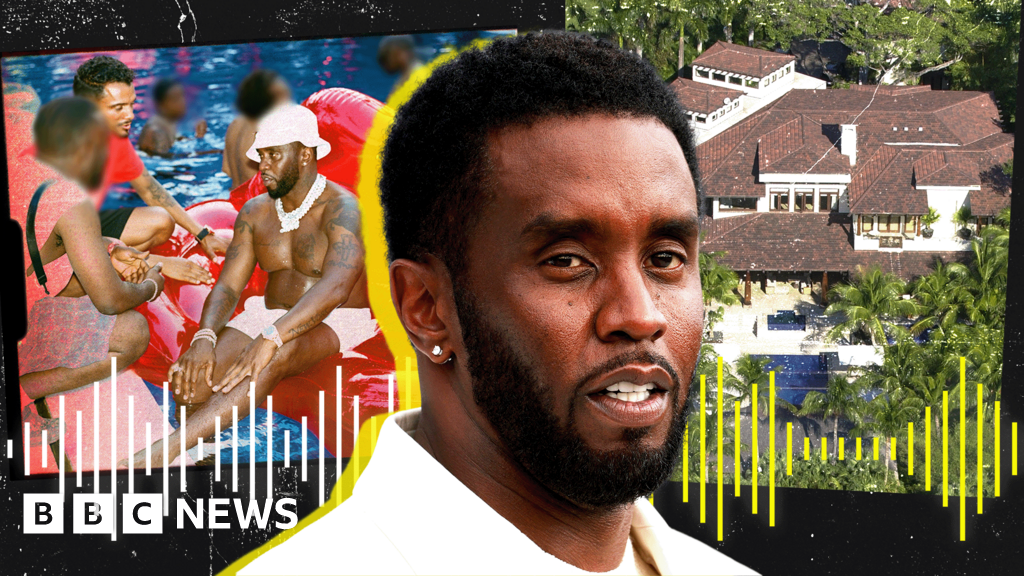Reeves' tears raise big questions at top of Labour
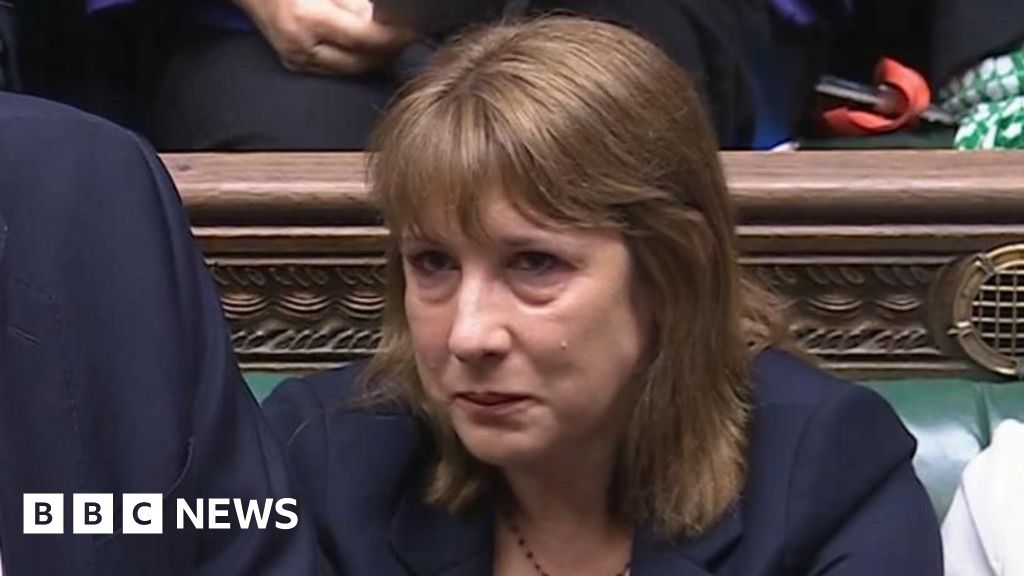
Reeves' tears raise big questions at top of Labour
Chris Mason, Joe Pike & Henry ZeffmanBBC NewsPolitics is a uniquely exposing trade.
The noble act of volunteering for elected office and then, for a lucky few, assuming the highest political office, comes rightly with scrutiny and difficult questions.
And it is unquestionably true that the questions for the Chancellor Rachel Reeves have just got even more difficult after this week's spectacular unravelling of the government's plans for the benefits system.
But it is also true that politicians are human beings and events that are rightly private shape their mood too and there is often little scope for them to hide.
And didn't the Chancellor find that out very starkly at Prime Minister's Questions.
Those of us watching on from the Press Gallery of the House of Commons could see the tears rolling down the chancellor's cheeks.
Not once or twice or for a minute or two, but throughout the half hour.
As Reeves sat crying next to Sir Keir Starmer in the Commons, the prime minister was completely unaware of it.
After he left the chamber, an aide suggested that Sir Keir might want to check on his chancellor.
The PM expressed puzzlement - he had been so focused on answering questions he had not noticed her tears.
Another cabinet minister who had been sitting close to Reeves told the BBC they had been equally unaware of her distress.
"I didn't notice anything was up," they said.
It was only those sitting opposite the chancellor who witnessed the prolonged period of crying.
"It was horrible to watch," said one on the Conservative frontbench.
As PMQs ended, Reeves rushed out accompanied by her sister Ellie, another Labour minister.
Immediately after the session as the chancellor's team argued "a personal matter" was the reason for the chancellor's emotion, multiple cabinet ministers seemed to contradict that this was the only reason.
"She had an altercation with Lindsay [Hoyle, the Speaker] just before PMQs", claimed one senior minister.
"They had a row. I think he ended up apologising to her."
A second minister added that a disagreement with the Commons Speaker was the main reason for the chancellor's distress.
"She's under massive amounts of pressure", they added. "But she has good strong women around her."
A third minister insisted to the BBC: "She's totally fine. I've just been to her office and spoken to her and she's fine. There's nothing to worry about."
But a fellow cabinet minister said simply: "I don't think I've seen anything like that ever before."
One eyewitness told us that the chancellor came into the chamber unusually early.
The Speaker stopped her and appeared annoyed. At one point it appeared she tried to break off the conversation to sit down on the frontbench but he kept going.
"It was clear he was overdoing it," our eyewitness said.
About a minute later he shouted over words to the effect of "sorry".
"That was what set her off," our eyewitness added, and at that point she left - returning a few minutes later looking like she'd been crying.
The Speaker's office has not commented on what happened.
On a human level, anyone seeing the photographs from Prime Minister's Questions would be sympathetic, whatever the contributory factors.
Conservative Leader Kemi Badenoch seized upon what she could see to frame questions about the chancellor's future. Questions which it is worth pointing out some Labour figures are themselves asking in private.
Sir Keir brushed off those questions in the Commons, while not explicitly answering a question from Badenoch about whether Reeves would remain his chancellor until the next election, as he has previously promised.
Leaders face a dilemma when confronted with a question like that: swerve it and it looks like you have diluted your endorsement, repeat it and face headlines like "prime minister forced to back beleaguered chancellor" or something similar.
His team later spelt out explicitly their endorsement and insisted she was staying put in her job.
The prime minister then went further still and on camera - telling the BBC Radio 4's Political Thinking that those thinking her tears were about the benefits U-turn are "wrong".
Sir Keir said: "It's wrong. That's absolutely wrong. Nothing to do with politics. Nothing to do with what's happened this week. It was a personal matter for her. I'm not going to intrude on her privacy by talking to you."
Of course, a mix of contributory factors of differing magnitude can shape the mood of any of us at any time and the professional pressure on the chancellor is undeniably intense.
Few of us spend as much time in the public gaze as our most prominent politicians, where sharp questions would have followed had Reeves not turned up, just as they have when she did.
Whatever the specifics of what led to this extraordinary moment in the Commons, there is a bigger picture.
For the prime minister and his chancellor – the duopoly at the heart of Labour's revival and electoral success – getting the show back on the road, projecting direction, confidence and grip is now the must have for them for the coming months.
Because if they do not manage that, questions about each of them - even both of them -will step up.


Sign up for our Politics Essential newsletter to keep up with the inner workings of Westminster and beyond.Rachel ReevesKeir Starmer
What's Your Reaction?
 Like
0
Like
0
 Dislike
0
Dislike
0
 Love
0
Love
0
 Funny
0
Funny
0
 Angry
0
Angry
0
 Sad
0
Sad
0
 Wow
0
Wow
0

